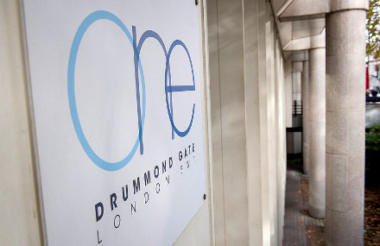The Charity Law Association (CLA) has criticised the Charity Commission’s policy document on new powers for disqualifying trustees, saying the regulator has “failed to work up appropriate, proportionate and detailed guidance”.
As part of the Charities (Protection and Social Investment) Act 2016, the Commission was given discretionary powers to disqualify trustees, and in May the regulator began a consultation on how it intends to implement them.
Responding to the consultation, the CLA argues the Commission “presently falls short of what the public should expect from a regulator”.
It says: “The level of seriousness at which the power is to be applied, and what constitutes a 'clear case' for use, has not been adequately depicted.
“This means that the document is not yet fit for purpose.”
The CLA’s response adds that the document should be “rethought and reformulated”, and that implementation of the power should be delayed while this is addressed.
‘Room for subjective decision-making’
The response outlines a number of specific criticisms. It says the document is “far too broad”, leaving too much room for subjective decision-making.
It argues that the document contains too few examples, and that a number of those which are included are either not helpful or contain errors.
And it says that sections on “competence” and “credibility” raise serious questions about the regulator’s adherence with equality law and the Human Rights Act.
Ultimately, the CLA says, the document suggests to readers that “there is a low bar for the Commission to deem someone ‘unfit’”.
Chorus of disapproval
The CLA is just the latest of numerous charity sector representatives to express concern about the guidance, with NCVO, Acevo, the Charity Finance Group and the Directory of Social Change all voicing their disapproval.
NCVO said the proposals “threaten the independence of charities”, and that they lack sufficient safeguards.
The powers were also criticised throughout the Act’s journey through Parliament for being too broad.









